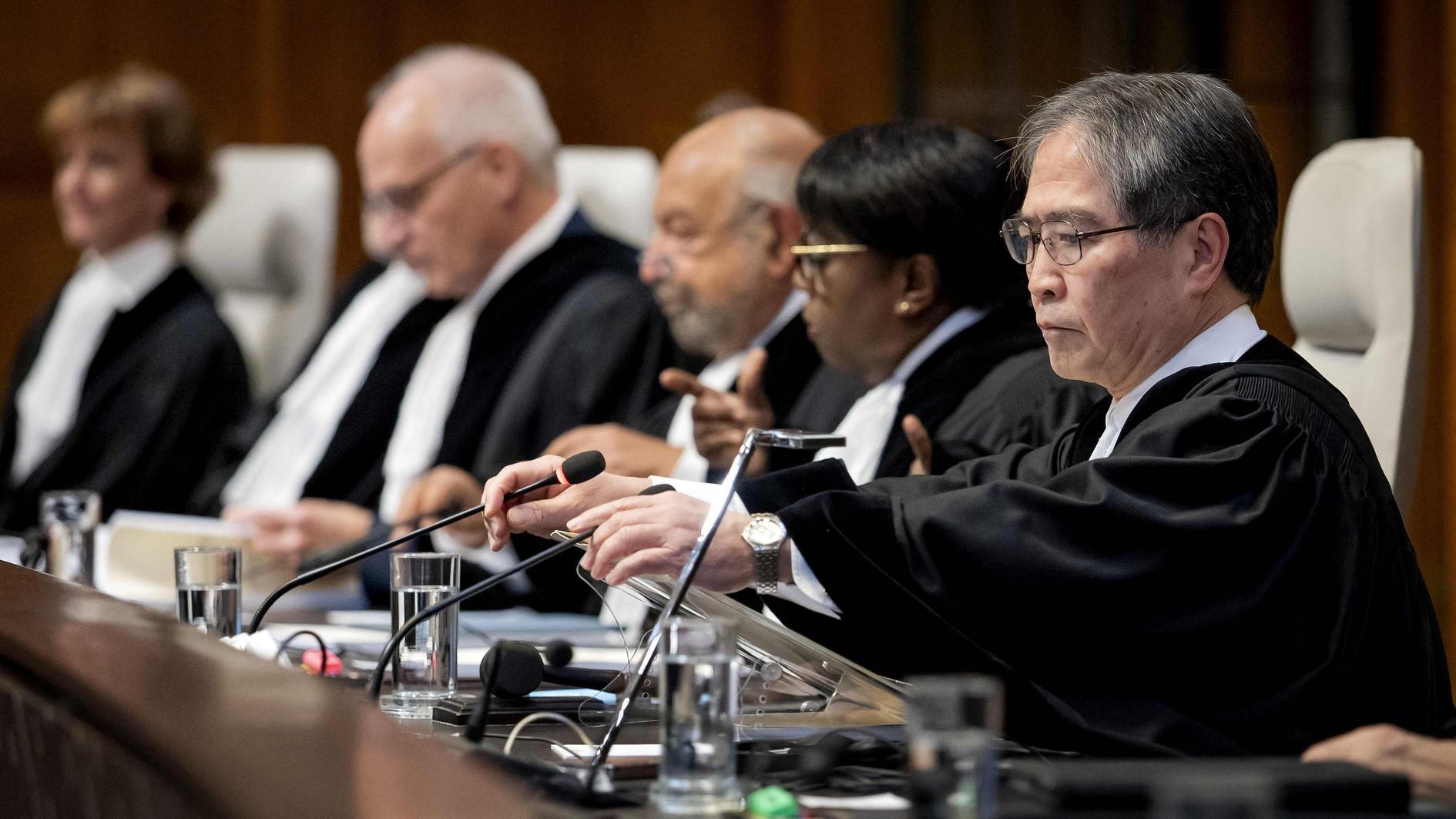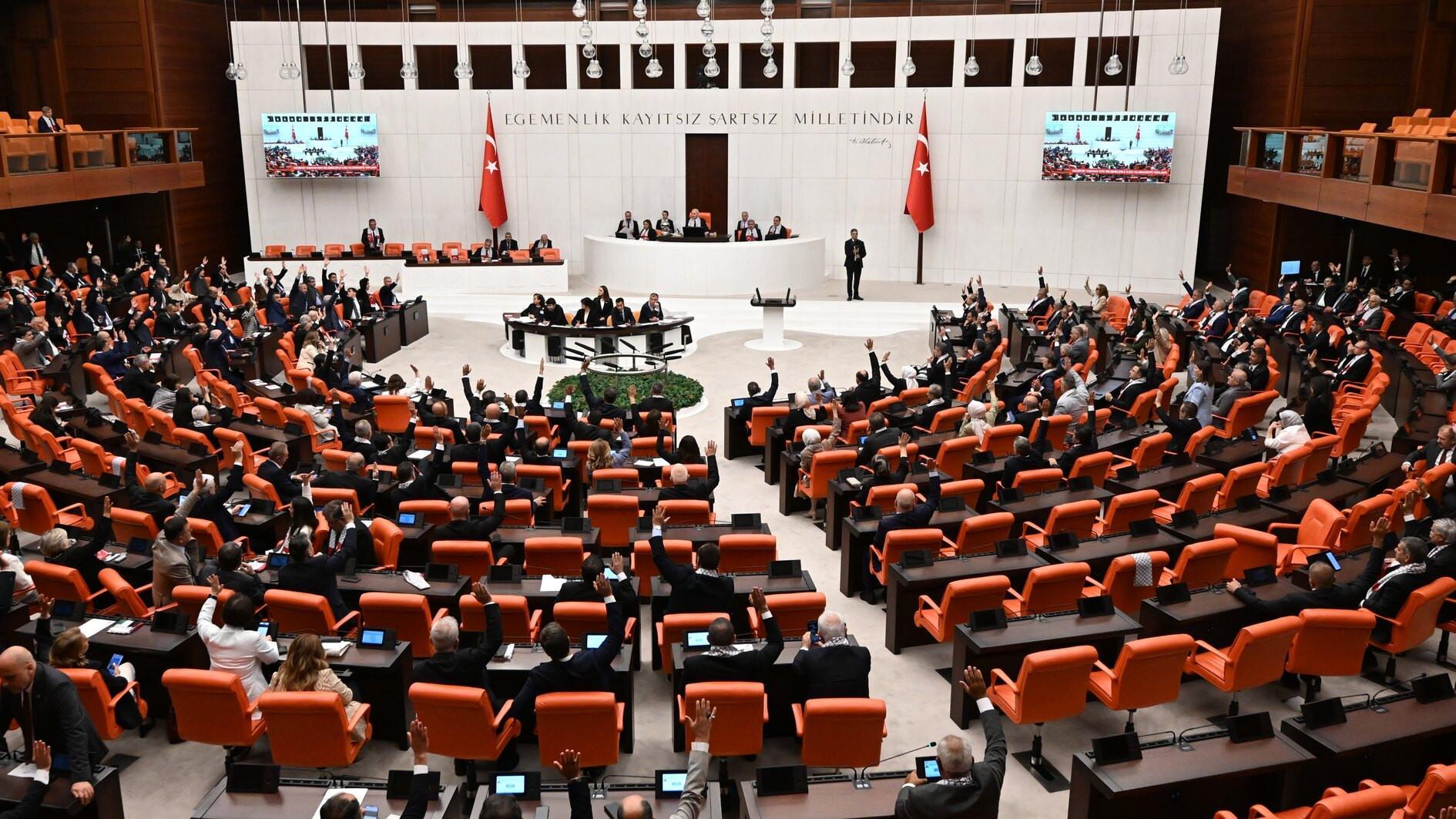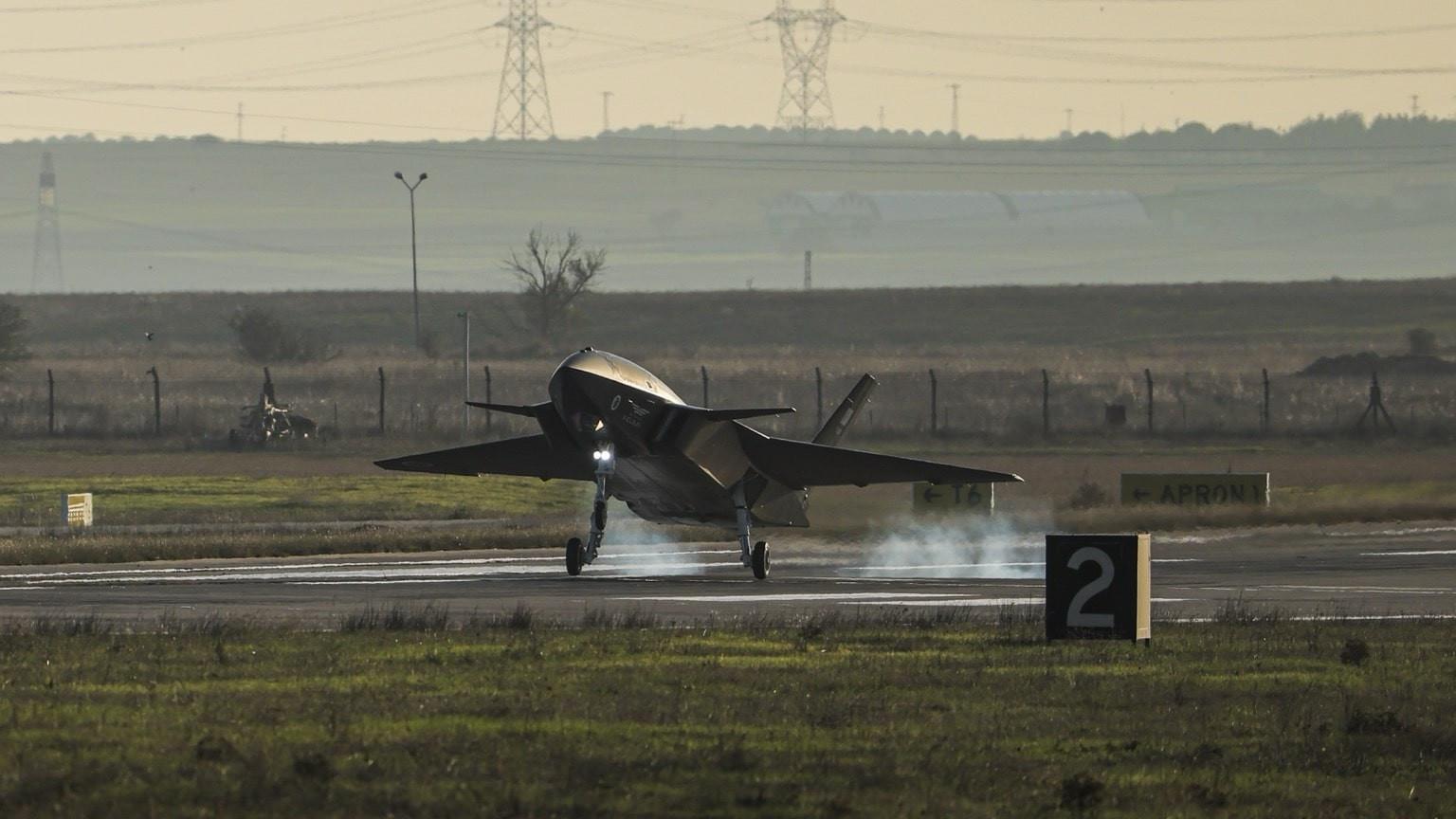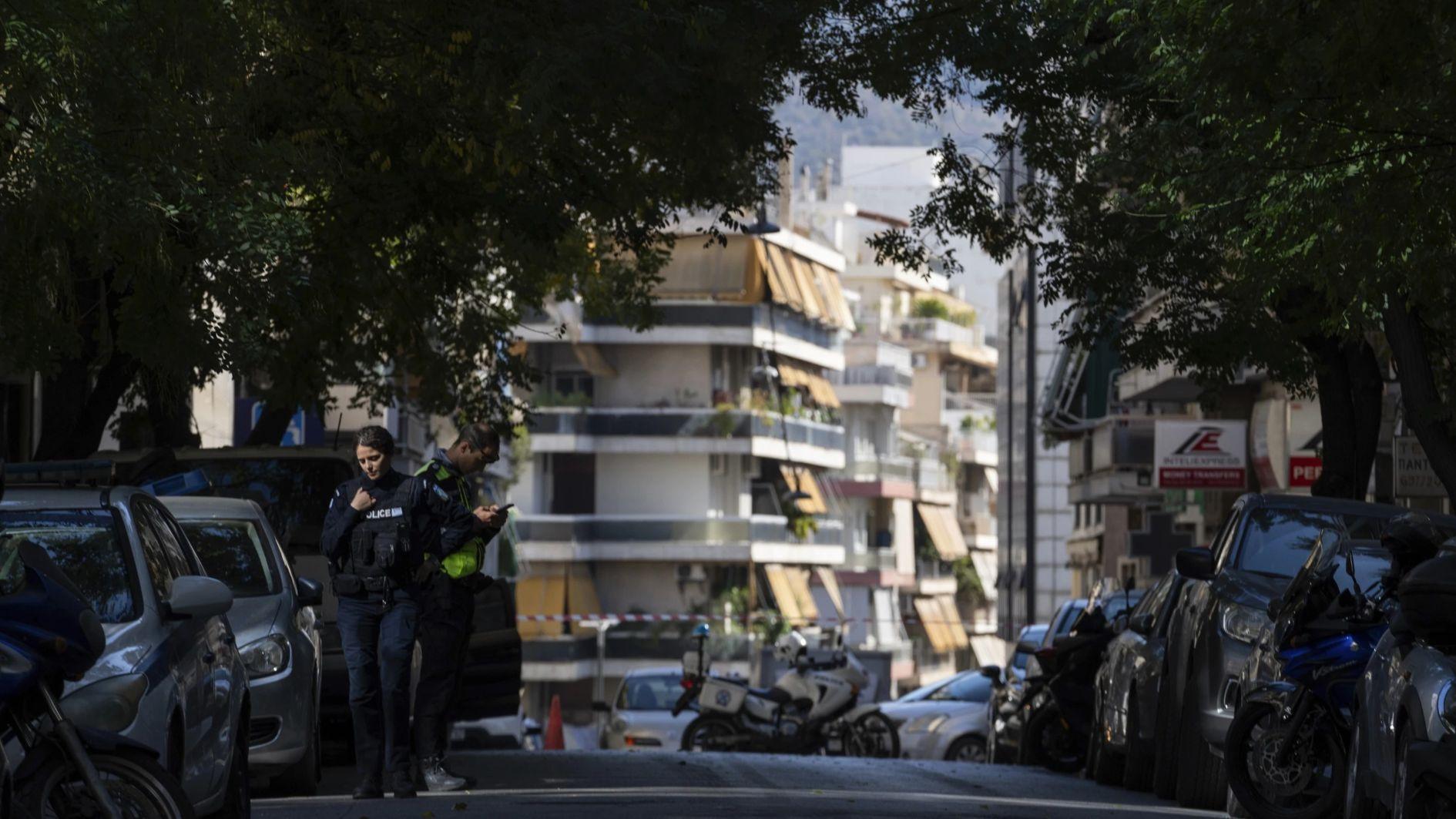US defends truce and vows to disarm Hamas
JERUSALEM
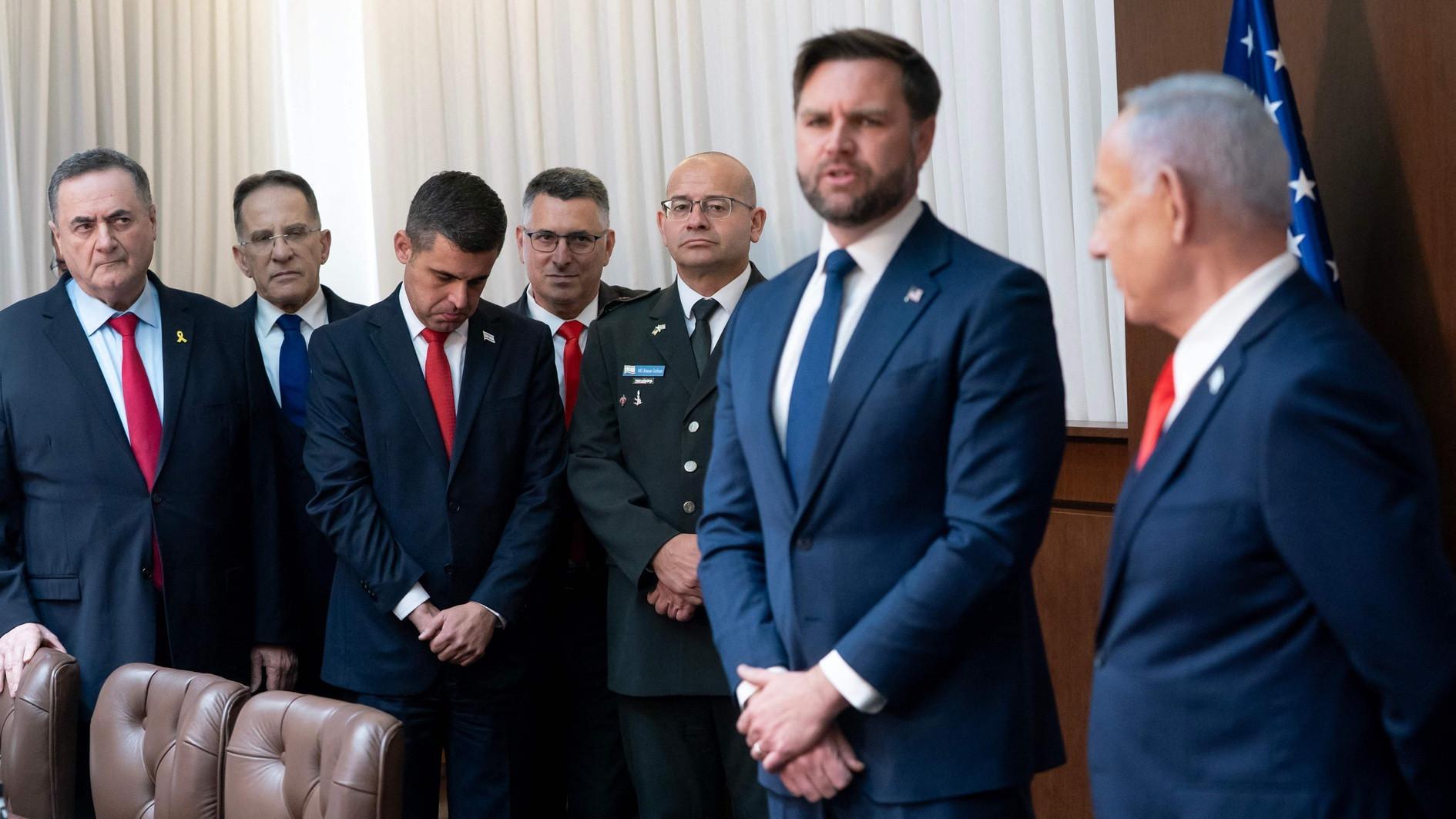
U.S. Vice President JD Vance said on Oct. 22 that the United States and allies face a tough task disarming Hamas and building a peaceful future for Gaza, as Washington sought to reassure Israel over the next steps in its ambitious ceasefire deal.
Vance met Prime Minister Benjamin Netanyahu on the second day of a trip to Israel, part of a diplomatic blitz in support of the plan to end the fighting, recover hostages and, eventually, rebuild the devastated Palestinian territory.
"We have a very, very tough task ahead of us, which is to disarm Hamas but rebuild Gaza, to make life better for the people of Gaza, but also to ensure that Hamas is no longer a threat to our friends in Israel," Vance said.
Washington's top diplomat, Secretary of State Marco Rubio, is due in Israel on Oct. 23 and will meet Netanyahu on Oct. 24, an Israeli government spokeswoman said.
Vance had kicked off the three-day visit on Oct. 21 by opening the Civil-Military Coordination Centre (CMCC) in southwest Israel, where U.S. and allied troops will work with Israeli forces to monitor the truce and oversee aid to Gaza.
"A lot of our Israeli friends are working together with a lot of Americans to actually mediate this entire ceasefire process, to get some of the critical infrastructure off the ground," Vance said, after talks with Netanyahu in Jerusalem.
Vance pointed to the "international security force" as one of the bodies that would have to be set up.
Under U.S. President Donald Trump's 20-point plan, this military mission would keep the peace in Gaza as Israel withdraws.
Several U.S. allies from the Arab and Muslim world are considering joining the force, but no U.S. troops would be on the ground inside Gaza, instead coordinating from the CMCC in Kiryat Gat, Israel.
Despite an eruption of violence on Oct. 19, when two soldiers were killed and Israel responded with a deadly wave of air strikes, Vance expressed "great optimism" on Oct. 21 that the ceasefire would hold.
The Israeli premier, who has been criticised by some domestic opponents for accepting the U.S.-backed ceasefire before Hamas was fully destroyed, defended the deal.
"We've been able to do two things. Put the knife up to Hamas's throat. That was the military effort guided by Israel," Netanyahu said.
"And the other effort was to isolate Hamas and the Arab and Muslim world, which I think the president did brilliantly with his team. So those two things produced the hostages," he said.
Vance also championed the Gaza deal's role as a "critical piece in unlocking the Abraham Accords," a Trump administration plan to normalise relations between Israel and the Arab world.
As Vance met the Israelis, the International Court of Justice in The Hague issued an "advisory opinion" reminding Israel of its responsibility to provide Palestinians with the basic needs essential to survival and to permit UN agencies to operate in Gaza.
Israel rejected the ruling, and foreign ministry spokesman Oren Marmorstein branded it "yet another political attempt to impose political measures against Israel under the guise of 'International Law.'"
Despite the weekend's violence, Hamas has continued to hand over the remains of deceased hostages in small numbers as part of the ceasefire deal, and Palestinians have welcomed the truce, their cities lying in ruins.


